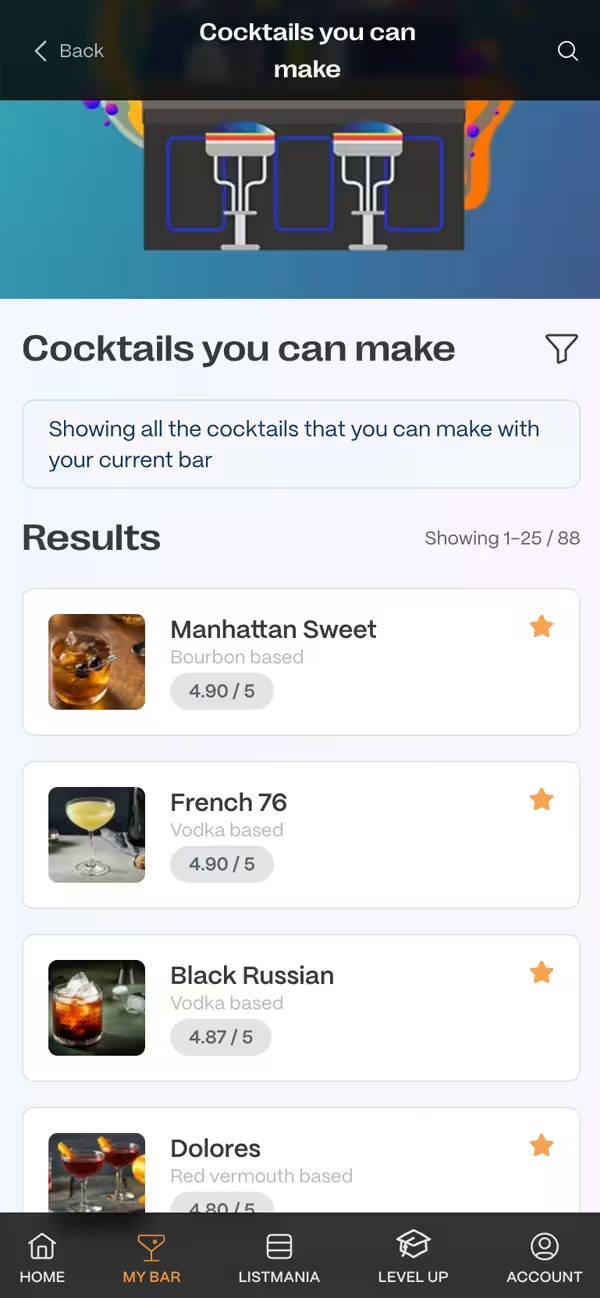Gin Times
Gin was officially invented in the 1600’s, although Italians had been flavoring some of their simple distilled beverages with juniper berries since the 11th century. A Dutch physician, Franciscus Silvius, is said to have actually “invented” the beverage. Like so many other distilled liquors, gin was originally conceived for medicinal purposes.
Dr. Silvius brewed his curative to combat such sicknesses as gout and stomach troubles. Soon many Dutch pharmacists were mixing up batches of this “miracle” flavored with exotic spices like caraway, coriander, and anise. During the Eighty Year’s War, the English noticed the effects of this curative and investigated further. This momentous day was the start of both a very long relationship between the English and their gin and also where the phrase “Dutch courage” was born.
By the middle of the 17th century, gin was in fashion in England. Steadily growing in popularity, “The Gin Craze” during the first part of the 18th might be known as the beverage’s “heyday.” At first, the government was encouraging the outrageous consumption with heavy taxation on all imported spirits and allowing unlicensed production of gin locally. However, moral outrage over the obviously huge increase in drunkenness, especially among the poor, led to the government’s complete change of attitude towards the middle of the same century.
The original Gin Act of 1736, with high taxes on retailers, was met with anger and riots. Over the rest of the century, the government was slowly able to take back control of the gin industry and regulate it so the constituents were not basically drinking poison, albeit highly addictive poison.
As was mentioned earlier in the article, gin is a distilled alcohol. Gin is made primarily of grains. This grain is allowed to ferment for a time and then the “mash” that is produced is put into a still. Heat is applied to the still and the alcohol dissolves into a vapor. As this vapor rises, it passes through a sort of basket filled with the spices and berries that are unique to each brand’s recipe. These “flavored fumes” are not allowed to escape; instead, they are collected. As the vapor cools down, the gas condenses back into a liquid. A liquid with a much higher alcohol percentage.
While grain and juniper berries are two of the defining ingredients that make gin, every brand has its own recipe of spices and plants used to produce the particular flavor of their own gin. Coriander, anise, and cassis are very common ingredients as well. Some gins have odd flavorings such as cucumbers, rose petals, and citrus.
Today, people are not as likely to just wander into a bar to guzzle gin as they were two hundred years ago, but gin still mixes some of the most classic cocktails. The martini, the classiest of cocktails, is just a splash of vermouth and an olive to accent the gin. Another example is the gin and tonic. This is simply gin and tonic water over ice with a twist of lemon. Finally, a drink that has seen a surge in population the last few years, the gimlet, simply gin and lime juice.
Pardon the interruption
Did you know that you can become a member for free, taking your cocktail making skills up to level 11. You can save your My Bar ingredients, make tasting notes, have personalised Tried and Want to try lists and more.
Filed with tags
Related posts
How to Create the Perfect Mai Tai at Home: A Step-by-Step Guide
There's nothing like a well-made Mai Tai to whisk you away to a tropical paradise, no matter where you are. With its delicious blend of rum, citrus, and a hint of almond, the Mai Tai has become a favo...
Fitzgerald Cocktail Recipe: A Classic Gin Delight
Discover the timeless charm of the Fitzgerald Cocktail in this delightful recipe guide. The Fitzgerald cocktail stands as a timeless representation of gin's versatility and elegance. This classic drin...
Deep dive into the French 75 cocktail
In the world of cocktails, few drinks are as elegant and historically rich as the French 75. This delightful cocktail made with gin, lemon juice, sugar, and champagne has captivated enticed cocktail d...
Subscribe to our Newsletter
Get tips straight into your inbox.
Upgrade your mixology
Become a member for free taking your cocktail making skills up to level 11. Or become a premium member to rise to cocktail greatness.
- Save your bar forever
- Access to our Cocktail Creator, allowing you to create your own wonderful concoctions.
- Access to Cocktail Colin; ask Cocktail Colin anything on an individual cocktail and he'll give you the answers you need.
- Create personalised cocktail menus for all your events, bars or parties
- Save cocktails to personalised 'Tried' and 'Want to try' lists
- Create and record tasting notes on cocktails
- Create lists of cocktails to share with friends and family
- A personalised MyBar URL, allowing you to share everything you can make with friends
- And much more ... (what to buy next, measurement choices, search personalisation...)
Have you tried our Wordpress Plugin?
Download our plugin and embed cocktail recipes directly onto your own site or blog.
Choose from our whole recipe database, or choose a specific cocktail made with a certain ingredient, and let us place a beautiful recipe on your own site.
Find out more



